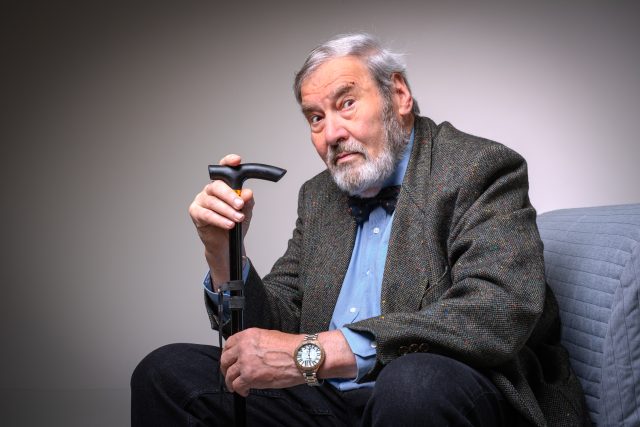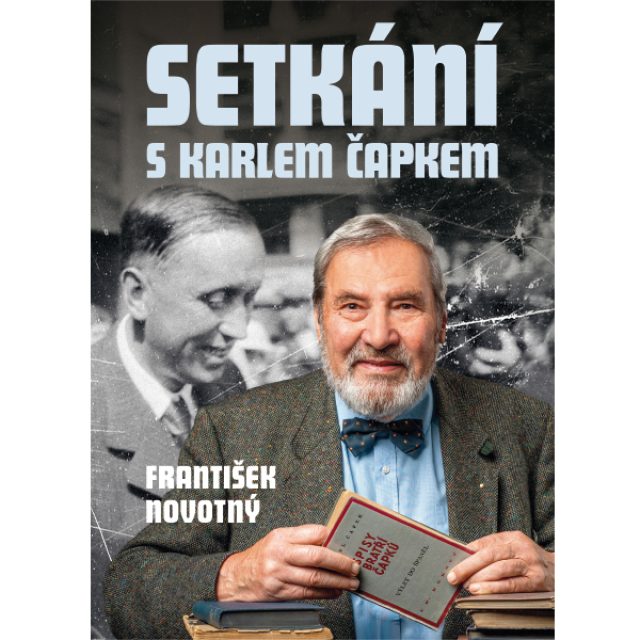I wanted to understand how Breivik became a terrorist, says Bjørn, who survived the attack on Utøya
“These were people I knew, friends of mine. Their memory is now entirely about the terrorist attack, not about who they were as people. And the way they are remembered by the people who loved them is different from their role as martyrs,” observes 32-year-old Bjørn, a well-known activist who lectures worldwide. Twelve years ago, as a participant of the summer camp on Utoya island, Bjørn survived the attack perpetrated by the Norwegian far-right terrorist.
“My first step was wanting to understand how someone became like Breivik. I started reading his manifesto, trying to understand his reasoning. Then I went to the trial, listened to what he had to say and tried to understand it, from an intellectual perspective. And surprise, surprise – none of it makes sense,” says Bjørn. He dealt with his trauma by studying radicalism and extremism. He started travelling the world to find out what leads people to extremist movements. “After a while, I realized that I was collecting really useful information. And that we could use it for prevention. To help people not to be pulled onto those tracks and into those movements in the first place,” he explains.
Bjørn is somewhat of an outsider. “My approach to dealing with trauma and dealing with extremism in the first place is different. I come at it from a restorative justice angle, instead of being driven by pain and fear and anger. I wanted to heal and learn. To look forward. And a lot of people weren’t ready for that at the time,” he describes. “What to me was a personal trauma, was also a personal trauma for 500 or so other people, who are all on their own journeys. But it was also a trauma for the entire nation. It became very difficult for me to contextualize my own experiences in those of the country. I felt a conflict between how I wanted to deal with it and how the country at large wanted to deal with it,” he adds.
On the afternoon of July 22nd, 2011, the roughly-thirty-year-old Norwegian far-right extremist Anders Behring Breivik detonated nearly a ton of explosives in a white van parked in the government quarter in the center of Oslo. He killed eight people. Less than two hours later on the island of Utoya, amidst a summer camp organized by the youth wing of the then-ruling Labour Party, he shot dead 69 young people.
Bjørn says that he still struggles with his trauma but has a good life. He lives in Sweden in a log cabin at an undisclosed location, because his work makes him a potential target for far-right as well as Islamist radicals. Through his work, he finds a sense of fulfillment. He meets inspiring people fighting for a better world. “There is so much goodness in people. So many people are doing amazing things to make their communities and societies better. That’s the joy that drives my life now,” he concludes.
In what ways was the trial with the terrorist important for Bjørn? Why does he feel misunderstood in Norway? Is it possible to transform one’s trauma into something positive for society? This and more on Episode 4 of the seven-part podcast series Surviving Utøya and Oslo.
The series was created in cooperation with the production company Subjektiv, with the support of the Norway Grants and in partnership with the 22 July Center in Oslo.
Nejposlouchanější
Více z pořadu
Mohlo by vás zajímat
E-shop Českého rozhlasu
Přijměte pozvání na úsměvný doušek moudré člověčiny.
František Novotný, moderátor


Setkání s Karlem Čapkem
Literární fikce, pokus přiblížit literární nadsázkou spisovatele, filozofa, ale hlavně člověka Karla Čapka trochu jinou formou.

















